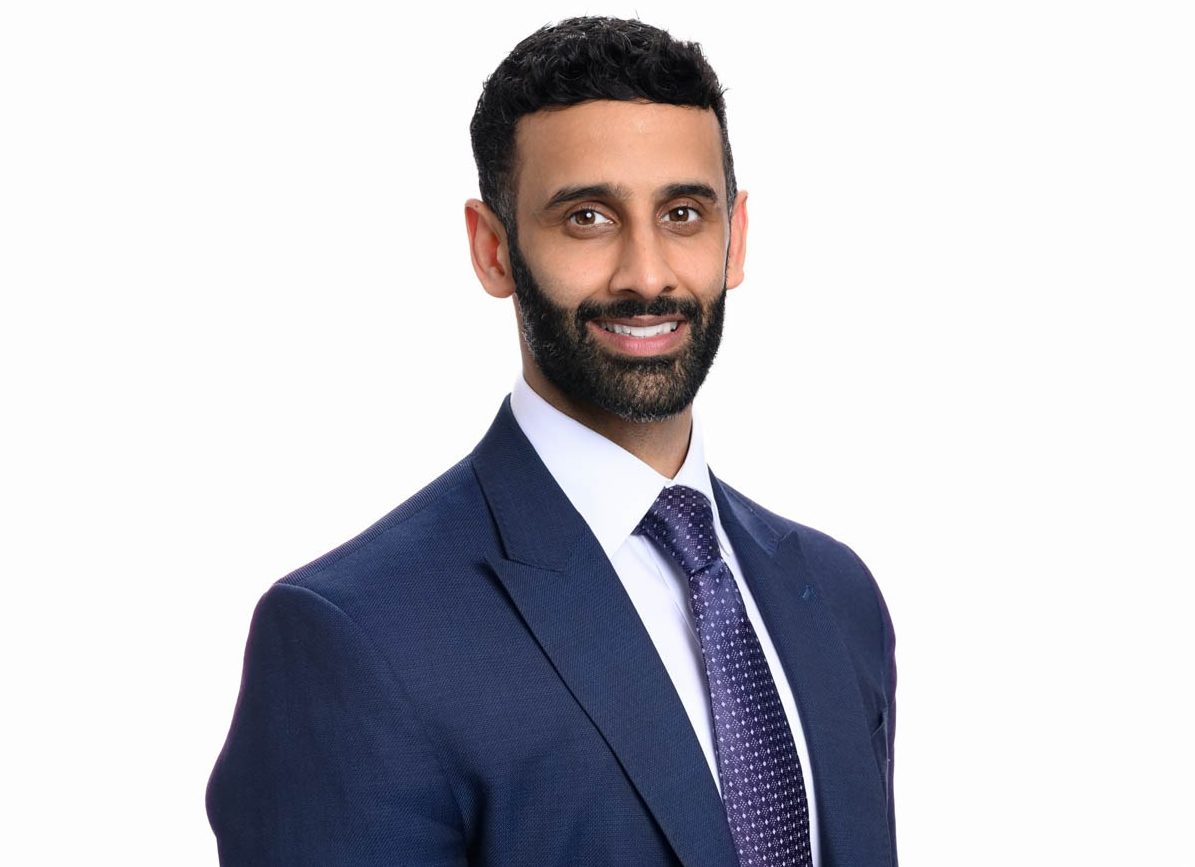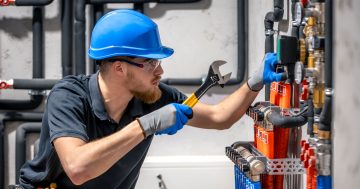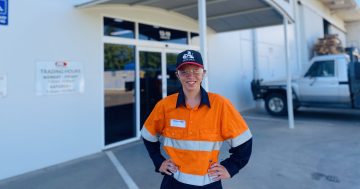
Australia is critically short of trades workers. Hiring skilled migrants is an important piece of the puzzle – if we can get it right. Photo: greenleaf123.
As the nation approaches peak time for activity in the job market, one expert says Australian employers troubled by continuing national skills shortages will need to get proactive.
Shortages are most common for technicians and trades workers, with 50 per cent of occupations in the category assessed impacted, and principal lawyer at Rehman Sheriff Group Farhan Rehman says domestic talent will close but a fraction of the gap.
There’s no shortage of skilled workers to fill these roles overseas, but he says the private sector must take matters into its own hands.
“If you’re waiting on government to fix the problem tomorrow, it is simply not going to happen. Australian politicians are unable to think past the next election and as a result, it’s difficult to realistically come up with a well-planned-out immigration system,” he says.
“The private sector has to crack on with it. We have to help ourselves.”
But finding people in the vast overseas markets and vetting them is already complex before immigration law, visa applications, compliance and reporting obligations come into play.
As head of a law firm supplying holistic “skills acquisition” services, Farhan has lost count of the number of companies who’ve come to him after falling down the rabbit hole.
“We’ve had clients come to us who’ve gone to the trouble and expense of bringing people over and it’s been a disaster. You want to make sure the individual you hire has the skills they claim,” he says.
“Perhaps you can advertise a job overseas and you’ll get 3000 applicants because working in Australia is a great opportunity. Whether they’re truly eligible is another question. Assessing their language skills, work experience and compliance with the law; these are all tedious and complex processes,” he says.
“We have got it down to a fine art because immigration law is our bread and butter, but if you’re not immersed in the ever-changing world of skills acquisition in the overseas markets, there are many traps.”

Principal lawyer at Rehman Sherriff Group Farhan Rehman says the process is complex and tedious, but if done properly the results are worth it. Photo: Rehman Sherriff Group.
Over a decade of experience has allowed Rehman Sheriff Group to know where to source talent, develop processes to conduct thorough skills assessments across the globe and complete the visa process on behalf of clients.
For many reasons, its primary location for sourcing talent is Dubai.
“The UAE attracts workers from a mix of countries – the Philippines, India, Pakistan, South Africa, you name it – but they’ve gone through some vetting and generally have a certain level of English. It’s also easy for us to get applicants vetted at partner training centres in the UAE for reference checks, skills assessments and so on,” he says.
“We are open to applicants, but there are nuanced requirements from each country. For instance, there are limitations on the number of people you can recruit direct from the Philippines without a certain kind of licence. Diesel mechanics from South Africa are required to have a skills assessment as part of the visa application process, but applicants from Pakistan might not.
“It’s those sorts of details that can slow the process down, or even upend it.”
Once you’ve found and assessed the individual you want to hire, the rigorous process of visa applications kicks in.
One challenge employers come across is the constant shift in this space.
“Just earlier this month the 482 visa changed to the ‘Skills in Demand’ visa – mostly a rebrand but with a few fundamental changes to the core occupations list,” Farhan says.
To secure this type of visa, an employer has to apply to become a “standard business sponsor” and then complete a nomination application for the individual they wish to hire.
Applicants must demonstrate a genuine position for the individual to the businesses, including labour market testing.
Workers approved for a Skills in Demand visa can remain on it for up to four years after which it can be renewed or, after two years, the worker becomes eligible to apply for permanent residency.
“If you do get it right, often what you get is an excellent, skilled employee that stays with the business for years,” Farhan says.
For more information visit Rehman Sheriff Group.















